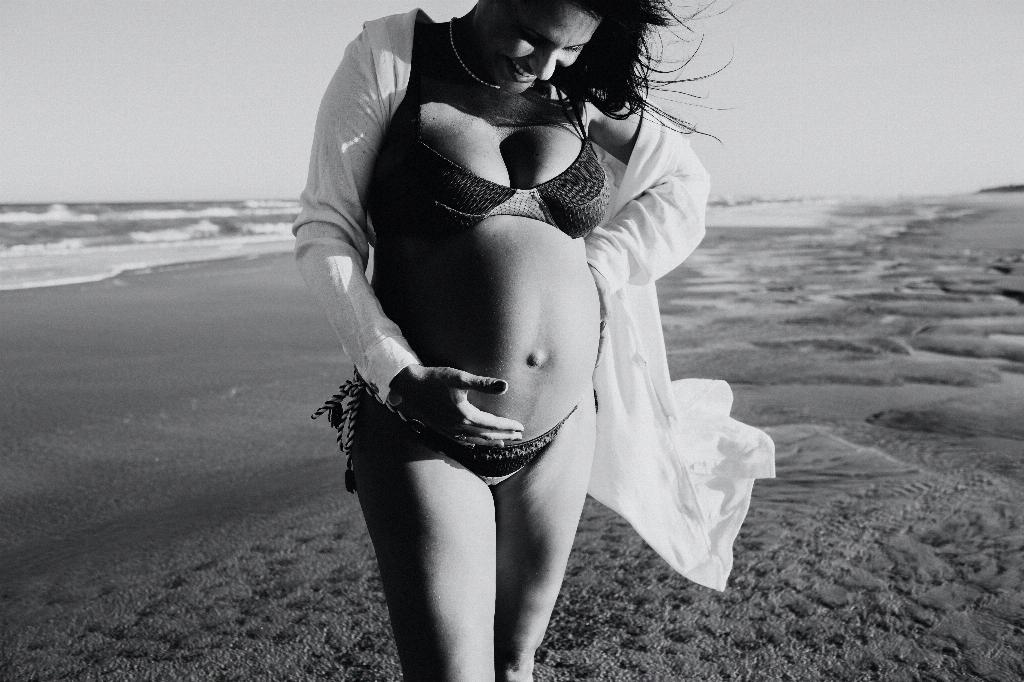When it comes to calculating pregnancy in weeks and months, things can get a bit confusing. Understanding the correlation between weeks and months during pregnancy can help clear up some of the confusion and provide a better understanding of where you stand in your journey to motherhood.
Weeks vs. Months: The Pregnancy Conundrum
One of the primary reasons for the discrepancy between weeks and months in pregnancy is the varying lengths of months. While one month can have anywhere from 28 to 31 days, a month in gestational terms isn’t as straightforward. To add to the complexity, not all months have the same number of weeks. This fluidity in the calendar system adds a layer of complexity to the gestational counting.
The Weeks-to-Months Conversion
Traditionally, pregnancy is measured in weeks, with the full gestation period lasting 40 weeks. This 40-week timeline is generally divided into three trimesters, with each trimester roughly corresponding to three months. However, when it comes to pinpointing exactly which month you are in during pregnancy, things can get a bit murkier.
18 Weeks Pregnant: Navigating the Months
At 18 weeks pregnant, you are well into the second trimester of pregnancy. This places you at approximately halfway through the full 40-week gestation period. While some may argue that 18 weeks equates to being in the fourth month of pregnancy, the general consensus leans toward considering this stage as the beginning of the fifth month.
Trimesters and Months
Breaking down the pregnancy timeline into trimesters can provide a clearer perspective on where you stand in terms of months. The first trimester spans from week 1 to week 12, encompassing the first three months. The second trimester covers weeks 13 to 26, which extends into the fourth, fifth, and part of the sixth month. Finally, the third trimester consists of weeks 27 to 40, wrapping up the remaining months of pregnancy.
Factors Influencing Month Counting
Various factors can influence how pregnancy months are counted. Some methods consider a month to be precisely four weeks long, while others factor in the actual number of calendar days in each month. Additionally, cultural practices and individual preferences can also play a role in the interpretation of pregnancy months.
Accuracy vs. Convenience
While pinpointing the exact month of pregnancy at any given week can be challenging due to the inconsistencies in month lengths and the varying ways of counting, it’s essential to remember that these distinctions are primarily for organizational purposes. The ultimate goal is to ensure a healthy pregnancy and delivery, regardless of the specific month count.
Consulting with Healthcare Providers
If you ever find yourself unsure about where you stand in terms of months during your pregnancy, don’t hesitate to reach out to your healthcare provider. Obstetricians and midwives are trained to provide guidance and support throughout your pregnancy journey, including clarifying any questions you may have about weeks versus months.
Embracing the Journey
Regardless of whether you consider 18 weeks pregnant to be in the fourth or fifth month, it’s crucial to embrace each stage of pregnancy with enthusiasm and care. Every milestone, whether measured in weeks or months, brings you closer to the miracle of childbirth and the joy of welcoming a new life into the world.
Conclusion: Navigating the Weeks-to-Months Maze
In conclusion, the question of whether 18 weeks pregnant is in the fourth or fifth month boils down to individual interpretation and methodology. While some may lean towards the fourth-month classification, the consensus often aligns with considering the 18-week mark as the onset of the fifth month. Remember, the most important aspect of pregnancy is the health and well-being of both mother and baby, regardless of the specifics of month counting.

